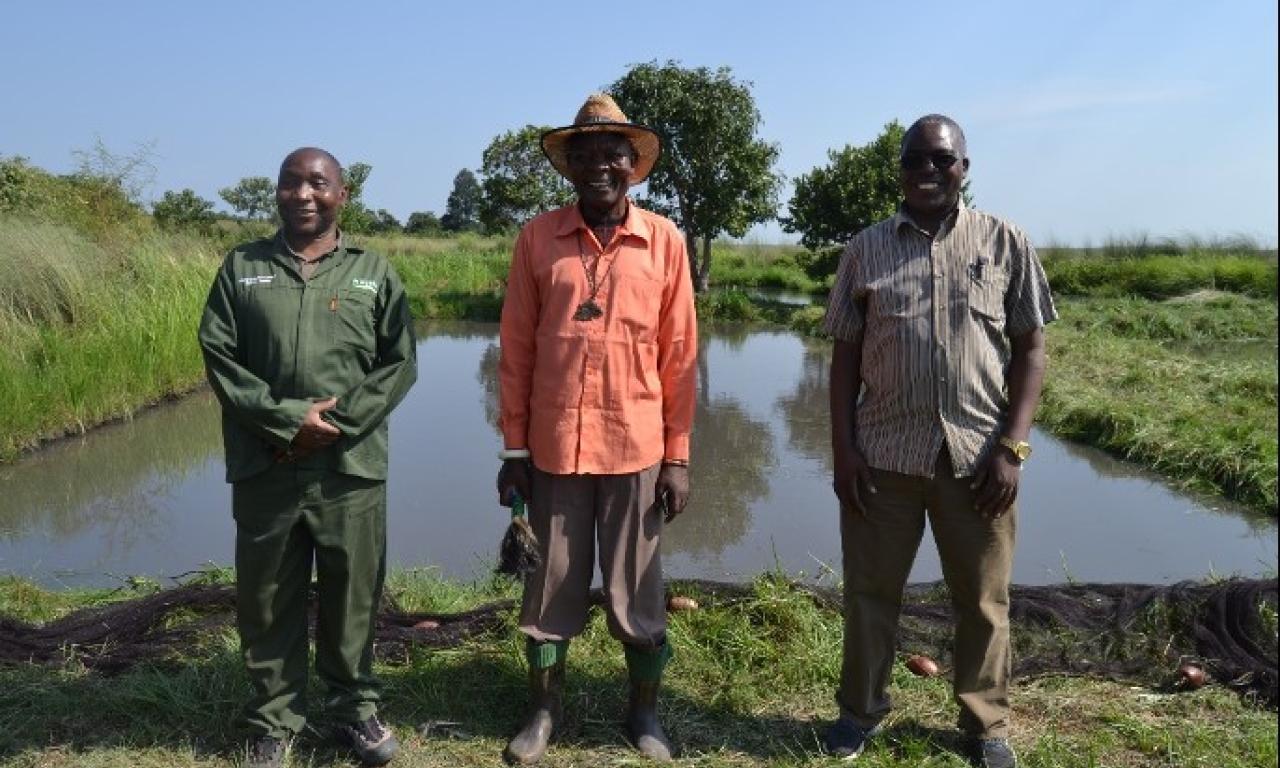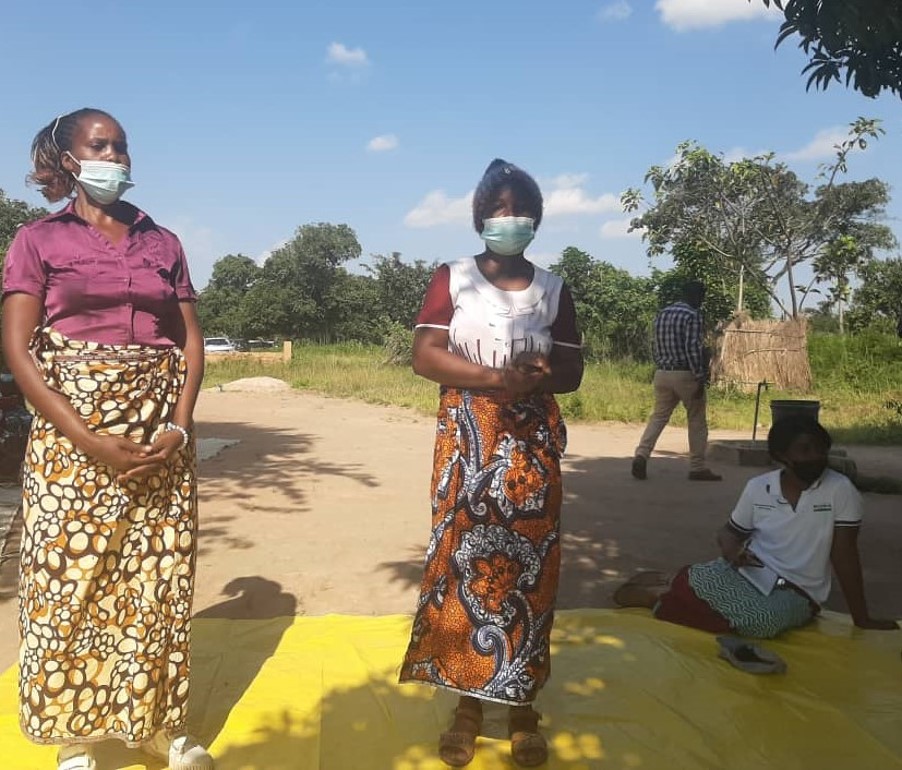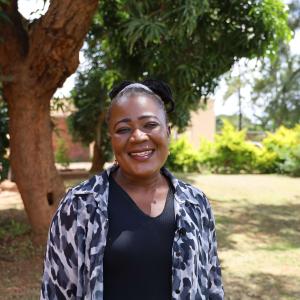
WorldFish is supporting traditional leaders in fish farming and harnessing their influence to engage women and youth in the sector.
In Zambia, traditional leaders are working to support smallholder aquaculture in their communities. Many are coming to recognize the potential for aquaculture to increase food and nutrition security, particularly in rural areas where animal-sourced foods are limited in supply. Leading by example, Chief Chabula of Lupososhi District in Zambia’s Northern Province has taken up fish farming and is encouraging others to follow suit.
“I’m encouraging my subjects to follow my lead and become fish farmers themselves,” explained the Chief. “I’m also providing land to as many as would be interested in venturing into fish farming.”
The bulk of Zambia's land is held under customary tenure, which is held in trust by the President through the traditional authorities, the 288 chiefs of Zambia. Rural households depend on traditional leadership to access land; the engagement and approval of tribal leaders is thus needed to develop the country’s burgeoning aquaculture sector.
In partnership with Musika Development Initiative, WorldFish is working in tandem with traditional leaders to implement a smallholder fish farmer capacity-building project and develop aquaculture for rural households in the Northern and Luapula provinces of Zambia. Funded by Norad, the project’s main objective is to improve the productivity and profitability of smallholder fish farmers in the north, mainly through building the capacity of small to medium sized business enterprises that support fish farmers and provide supplies.
During a recent field visit by WorldFish and Musika, Chief Chabula explained that he was first motivated to venture into fish farming due to the depleted fish stocks in Lake Bangweulu, a lake in his chiefdom. However, his capacity was long hindered by a lack of access to quality inputs like fish feed. The project has since provided him with links to private-sector input and output markets; he now has seven ponds with an estimated annual production capacity of 5.3 tons.
“I am grateful to WorldFish and Musika for helping me to build capacity and also for providing the linkage to Triple Blessings, a small-medium sized business enterprise who has provided a market for the harvest,” said the Chief.
Reaching out to rural communities

Like many low-income nations, Zambia suffers from high rates of malnutrition—40 percent of children under five are stunted from chronic malnutrition. However, fish consumption has been shown to reduce child stunting and reverse micronutrient deficiencies. It is thus imperative to harness the influence of traditional leadership to promote fish farming throughout the country, particularly in undernourished regions far from urban markets.
“Increasing the sector’s productivity will help fish and aquatic foods reach the mouths of the most vulnerable, especially young children and pregnant and lactating mothers,” said Victor Siamudaala, WorldFish’s country director for Zambia and Southern Africa.
Recognizing the benefits, a myriad of traditional leaders in Northern and Luapula provinces are making strides in supporting aquaculture in their areas of jurisdiction.
For instance, Chief Mabumba of Mansa District, Luapula Province has recently issued land to Yasakwa Fish Farmers Cooperative; he allowed them access to a locality where previously no human habitation was permitted, as it is a sacred area reserved for royal burial grounds.
“Considering the goodwill shown by the Chief towards the cooperative, I will now advocate for land for women fish farmers too so that they can equally be empowered like their male counterparts,” said Wilbroad Musanshi, the director of Hopeways, another private sector partner of the project.
In Zambia, traditional land ownership is dominated by men—posing a significant challenge for women wishing to venture into aquaculture. With this land initiative, women can be empowered to take up fish farming as an income-generating activity and improve their livelihoods through aquaculture.
“Traditional leadership ultimately has a huge role to play in fostering aquaculture development and social empowerment in rural communities,” said Siamudaala.
Acknowledgements
This is an initiative of WorldFish in partnership with Musika. This work was undertaken as part of the CGIAR Research Program on Fish Agri-Food Systems (FISH) led by WorldFish. Funding support for this work was provided by the Norwegian Agency for Development Cooperation (Norad) in the framework of the Aquaculture Technical, Vocational, and Entrepreneurship Training for Improved Private Sector and Smallholder Skills Project in Zambia.
(Header photo: From left to right: Reuben Banda, the Managing Director of Musika; His Royal
Highness Chief Chabula of Lupososhi District; and Dr. Victor Siamudaala, WorldFish Country Director for Zambia and Southern Africa)
